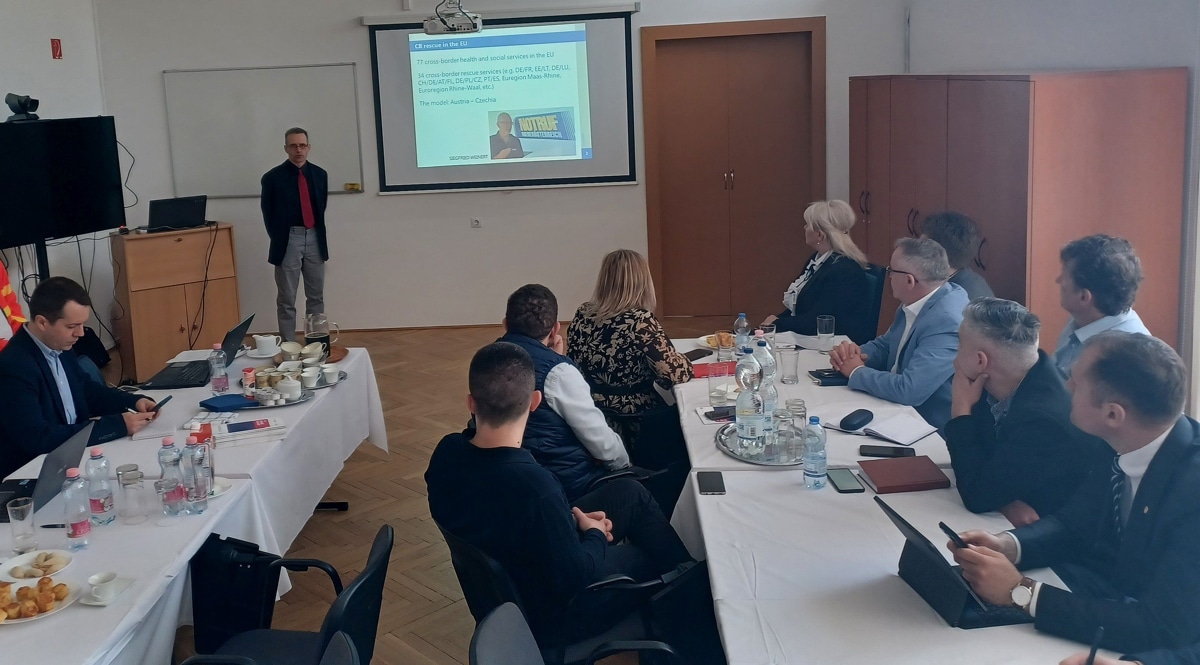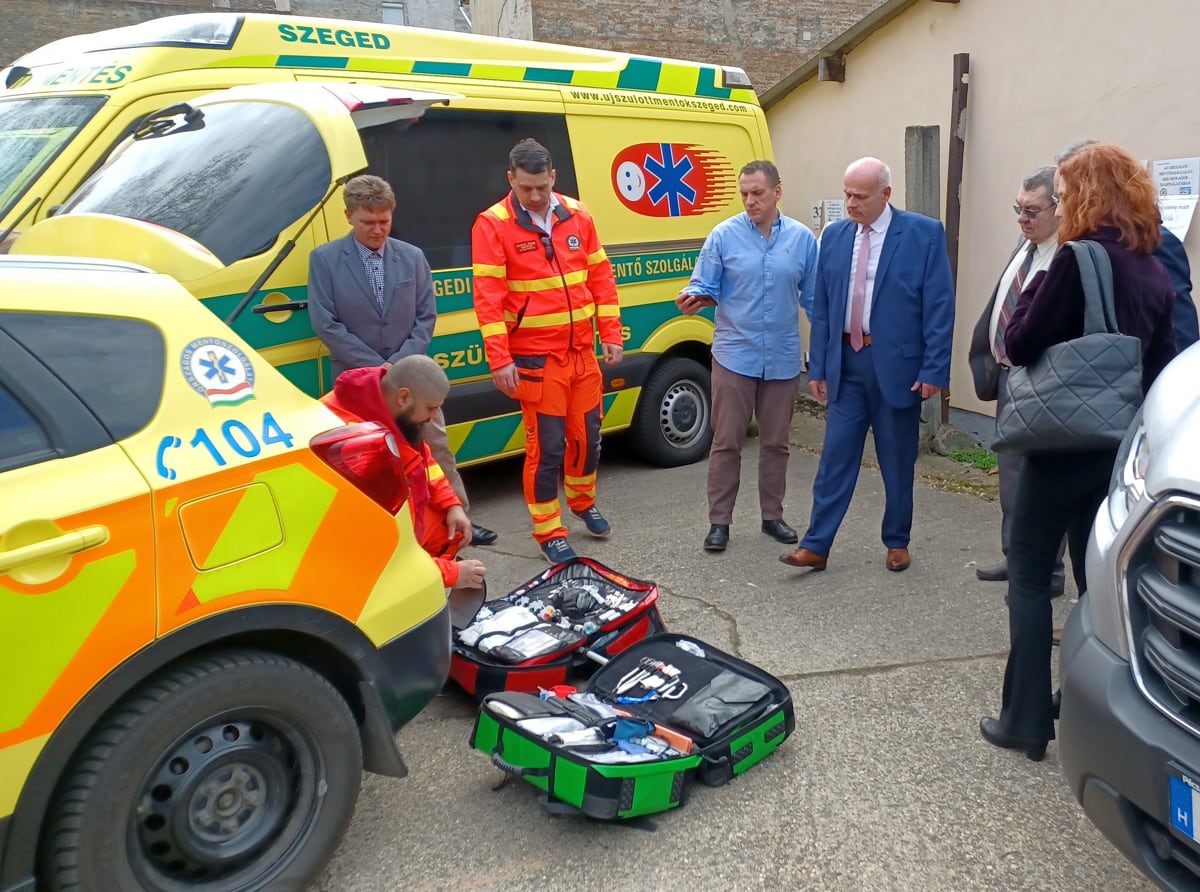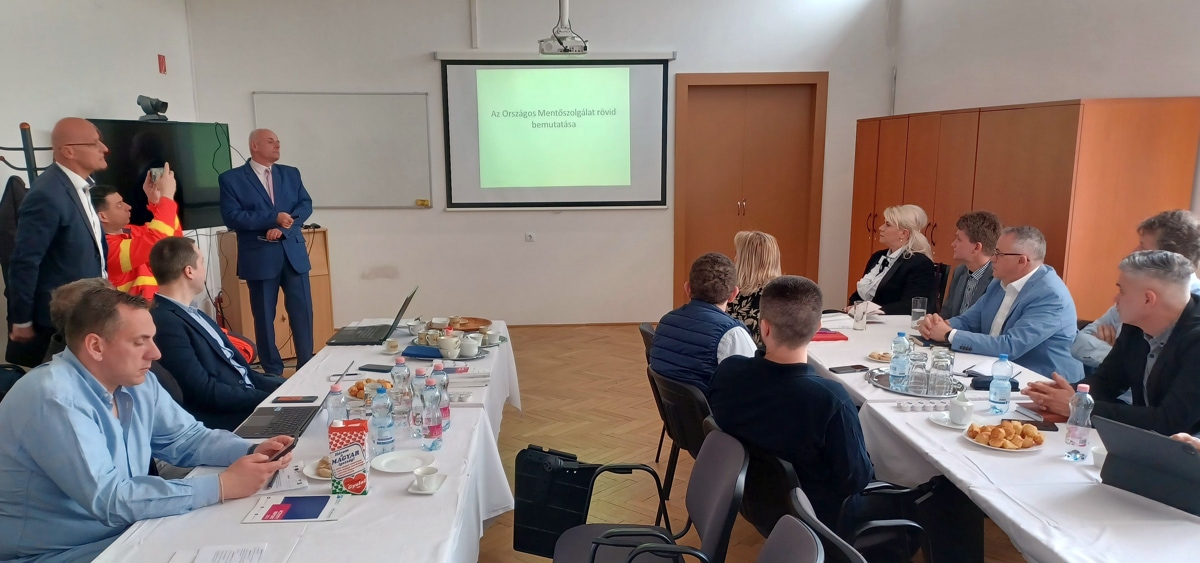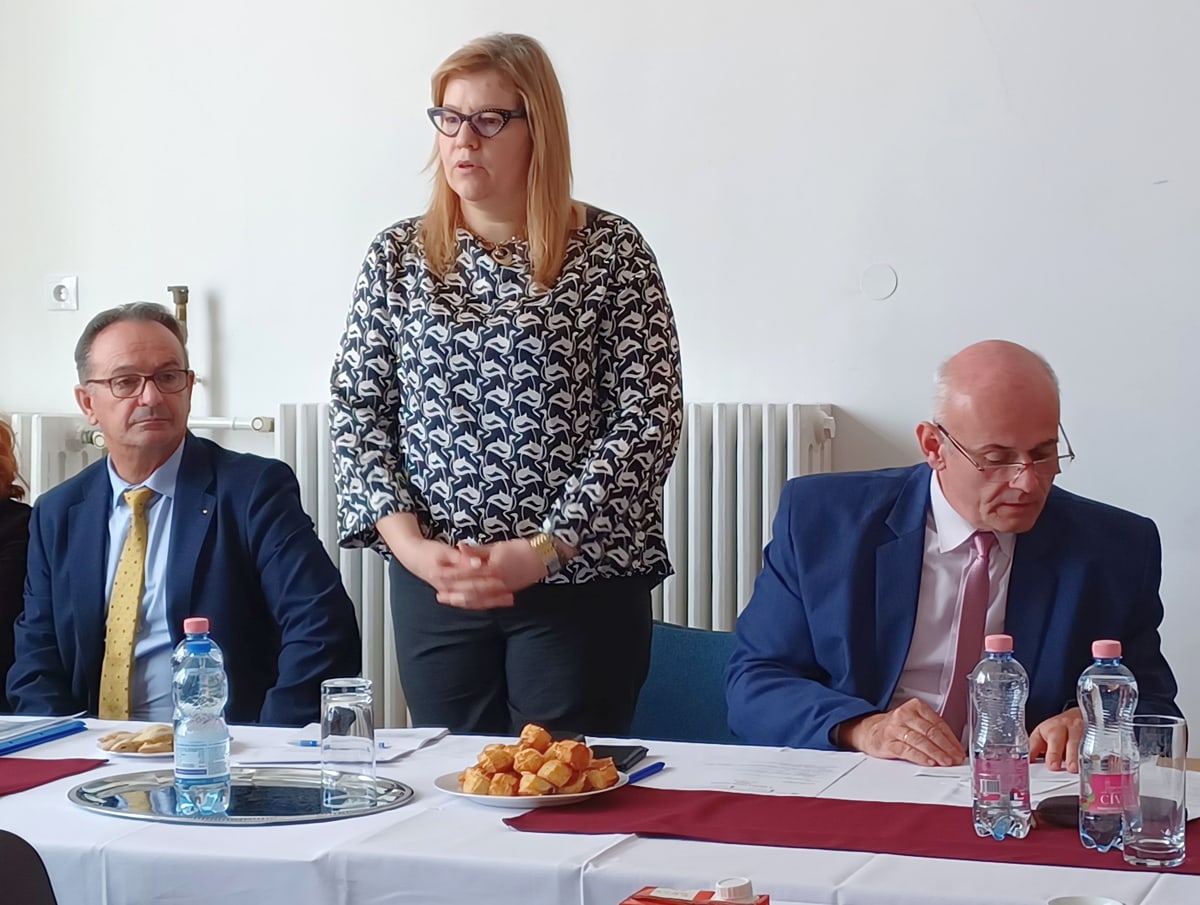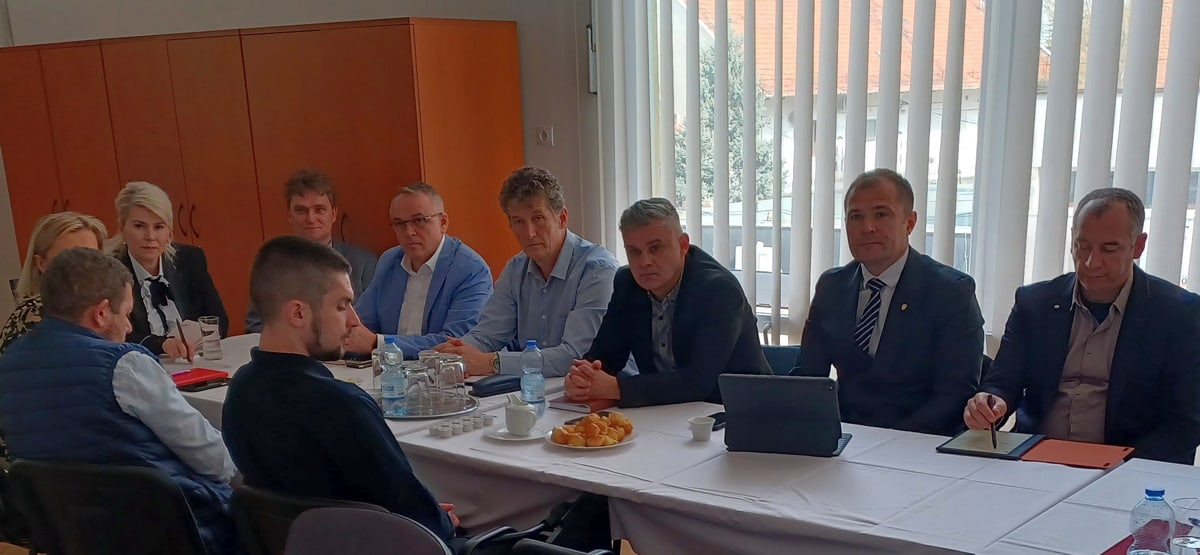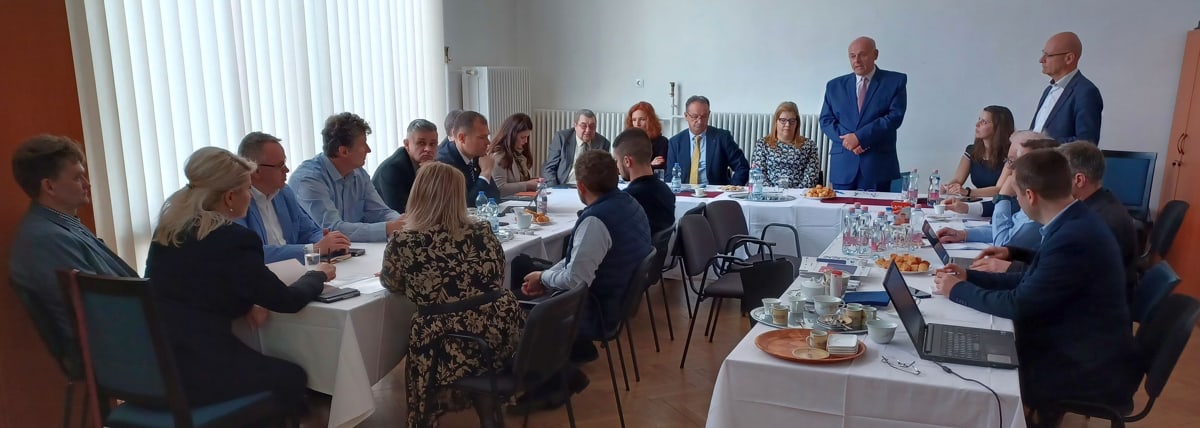Ambulance services cooperation in the DKMT Euroregion: Another B-Solutions assessment carried out by CESCI
Legal accessibility | 01 June 2023
In the framework of the B-Solutions initiative, jointly launched by the European Commission and the Association of European Border Regions (AEBR), CESCI experts have been tasked to identify the legal obstacles to the joint ambulance services in the Hungarian-Romanian-Serbian tri-border area and to propose a possible solution.
The B-Solutions initiative was launched by the European Commission in 2018, with the aim of identifying and removing any remaining legal and administrative obstacles still present in the EU’s border regions. The calls for proposals for the initiative are managed by the AEBR. The long-established advocacy organisation publishes its calls aiming to identify obstacles and contracts experts with a good knowledge of the region or the sector to analyse and solve the identified legal problem.
CESCI, starting from the launch of the initiative, analysed six obstacles in the Hungarian border regions. The organisation was tasked with another analysis at the beginning of 2023, as well as with organising the implementation of the proposed solutions from three previously conducted analyses. The assessment includes the analysis of how emergency services can be organised within the territory of the DKMT Euroregion, with the participation of neighbouring Romanian counties beyond the external Schengen borders, and entities from the Serbian province of Vojvodina. To develop a solution, CESCI experts conducted interviews, analysed legal frameworks, reviewed European good practices and organised the first meeting of the relevant authorities in Szeged on 20 March 2023. From Hungary, the National Ambulance Service and its department of the Southern Great Plain Region; from Romania rescue experts from Arad, Timis and Caraș-Severin County, and the ambulance services from Arad county; from Serbia the Deputy Minister and State Secretary of the Ministry of Health attended the meeting. The participants discussed the technical, legal and operational conditions of establishing an integrated system, and the framework of the cooperation agreement. Dr. Attila Zentay, Head of the host organisation, the National Ambulance Service Southern Great Plain Region, organised a short demonstration with the help of his colleagues, during which, the participants could learn about the vehicles and equipment of the Hungarian ambulance service. Taking the experts’ remarks into account, CESCI prepared an analysis of the obstacles hindering the establishment of a joint ambulance service, and outlined a proposal for a trilateral agreement.
In addition to the assessment, CESCI is tasked to facilitate the cross-border trade of local products in two cases, and to move forward the mutual recognition of waterway tour guide licences in another case. These projects are currently in progress.
Honlapunk a Külgazdasági és Külügyminisztérium támogatásával készült.

 Publication of a book ‘Public Policies for Territorial Cohesion’...
Publication of a book ‘Public Policies for Territorial Cohesion’...